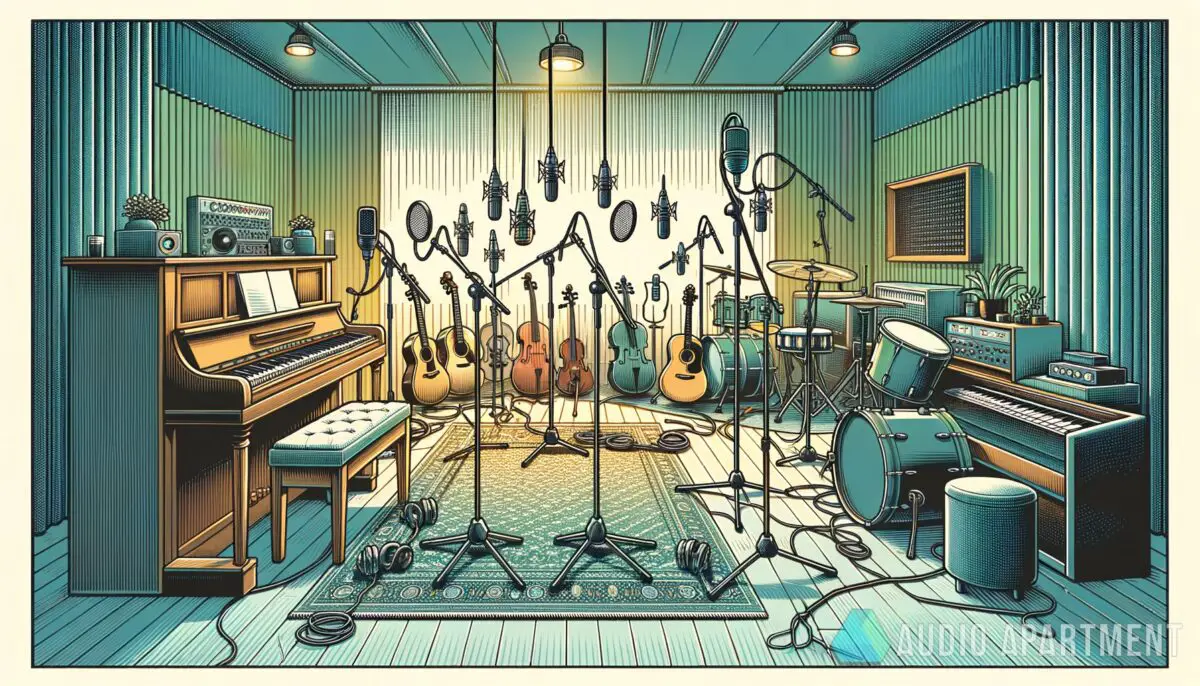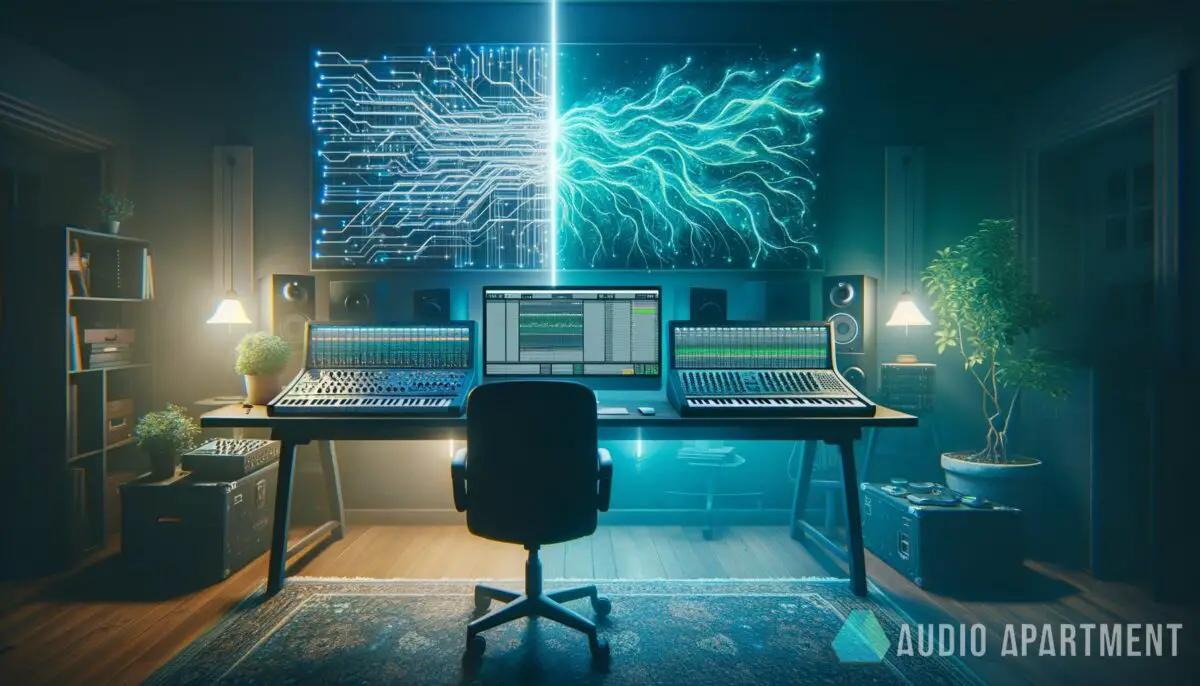This online tool turns musical notes into frequencies. Users input a note (A to G, with ‘#’ for sharp notes) and an octave (0-8). After clicking “Convert,” the tool shows the note’s frequency. It finds the MIDI note number for the input and uses a formula based on the A4 note’s 440Hz frequency. The resulting frequency then appears on the screen.
How to use
- Open the Tool: Launch the music tool in your web browser.
- Input the Note: Type a letter from A to G in the “Note” box. Add a ‘#’ for sharp notes if needed.
- Specify the Octave: Enter a number between 0 and 8 in the “Octave” box.
- Click “Convert”: Initiate the conversion process.
- View the Frequency: The tool will show the corresponding note frequency in Hz.
Note: This tool uses equal temperament where A4 is tuned to 440Hz, and each note is separated by a constant frequency ratio. This is a standard in Western music but might not align with every musical tradition or tuning system. Furthermore, due to the nature of the conversion process, there might be minor inaccuracies.













